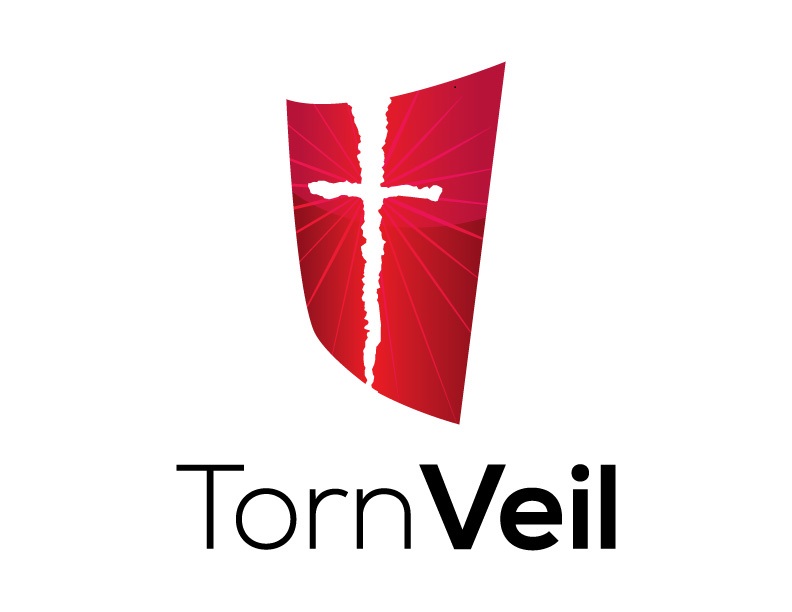“Death and life are in the power of the tongue…” — Proverbs 18:21
Language is not neutral. It names, it frames, it shapes how we perceive the world. In Genesis, the first task God gives Adam is to name the animals. Words are not just descriptors—they’re definers. And in our present moment, the words we use to talk about artificial intelligence are quietly—and dangerously—redefining what it means to be human.
This is not merely a semantic problem. It is a spiritual one.
The Real AI Crisis Is a Crisis of Vocabulary
We say things like:
- “The model learned to write.”
- “The AI understands your prompt.”
- “It decided to take a different path.”
- “It lied.”
These phrases are everywhere—in media, in marketing, even in ethics research. But none of them are literally true.
AI doesn’t understand; it statistically predicts.
It doesn’t learn, it adjusts parameters.
It doesn’t decide, it executes logic trees.
It doesn’t lie; it outputs sequences based on token probability.
But the metaphors stick. And they shape how we think.
If we keep using the language of agency, morality, and cognition to describe pattern-generating machines, it won’t be long before the average person believes that machines have agency, are creative, and deserve moral consideration.
Language Is Discipleship
Christians must understand that language is not just descriptive—it’s formative.
The words we choose disciple the imagination. If we speak of AI like it’s a person long enough, the heart will follow. We will gradually—and then suddenly—begin to treat machines as moral actors. And in doing so, we will diminish the dignity of actual persons made in God’s image.
We already see the fruit of this confusion:
- People are apologizing to chatbots.
- Corporations are developing “AI companions” for loneliness.
- Researchers are warning of AI “alignment” as if machines had moral direction.
This isn’t science fiction. It’s linguistic drift.
The Cost of Lazy Metaphor
Why do we keep using person-like language for software?
Because it’s easy.
It’s simpler to say “the AI wrote this email” than “a human used an LLM to generate and edit this text.” It saves time. It smooths over complexity.
But this shortcut has a cost. The ease of anthropomorphism creates an illusion of parity between man and machine.
And when we start treating tools as creators, we risk treating creators as tools.
Reclaiming the Tongue
We need a new vocabulary—one that clarifies, not confuses.
Instead of saying AI “understands,” we say it “interprets input using statistical modeling.”
Instead of saying it “creates,” we say it “generates based on patterns.”
Instead of saying it “decides,” we say it “executes programmed conditionals.”
Will this sound clunky? At first, yes. But it is honest. It preserves the distinction between creation and computation, between being and programming.
We don’t need better machines. We need truer language.
The Church Must Lead Here
If the world is going to confuse machine outputs with human thought, the Church must be the voice that says:
“No. This is not a soul. This is not a creator. This is not a person.”
We must resist the cultural drift that slowly deifies the algorithm and reduces humans to a node in a system.
Christians are people of the Word.
And if we don’t guard that Word—its meaning, its edges, its power—then we will lose not only the truth about machines, but the truth about ourselves.
Conclusion: Name the Thing Right
To name something rightly is to honor its nature.
Let us speak of AI not as our peer, but as our tool. Let us not surrender the sacred language of creation, authorship, and thought to pattern-matching software.
Because once the machine becomes the “artist,” the human becomes disposable.
And that is not a future we can afford.
